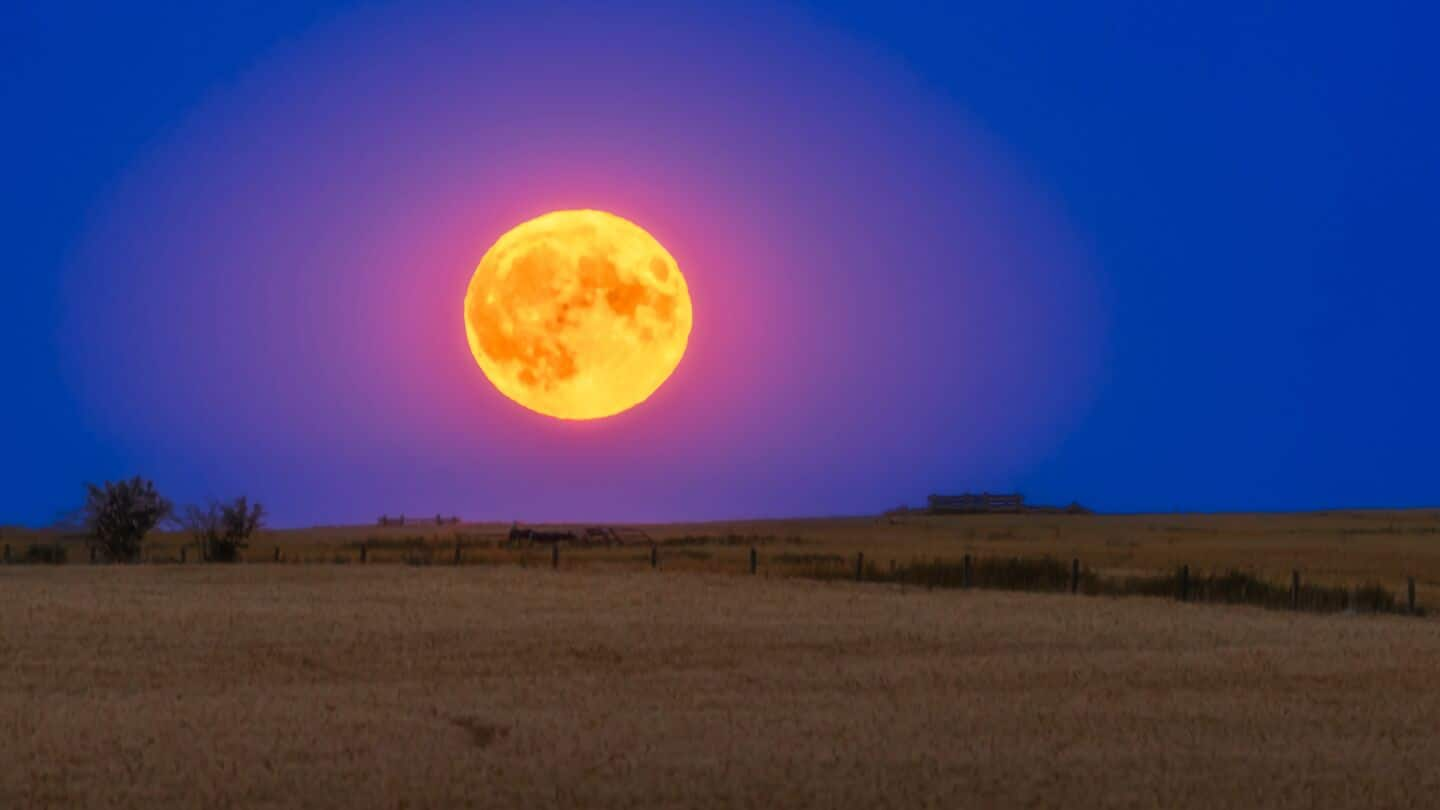
'Buck Moon' on July 10—What makes this full moon special
What's the story
The Buck Moon, the full moon of July, will be at its fullest on Thursday, July 10. The astronomical phenomenon is being eagerly anticipated by astronomers and skywatchers worldwide for its scientific and cultural significance. According to astronomical data, the Buck Moon will reach its peak fullness at 4:38pm EDT on July 10 (2:08am IST on July 11).
Viewing guide
Buck Moon's rise time on July 10
The Moon will rise in the eastern sky shortly after sunset, providing a stunning visual display. In India, sunset will happen at around 7:20pm and moonrise is expected around 7:42pm. The name "Buck Moon" comes from Native American traditions, as male deer (bucks) start regrowing their antlers during this time.
Observation advice
When to see the Buck Moon
The Buck Moon will appear full on the nights of July 9, 10, and 11. While it is technically only full for a moment, it appears nearly fully illuminated to the naked eye for about three nights. Viewing at moonrise provides the most dramatic and picturesque scene as it looks larger and more golden when rising low on the horizon due to atmospheric conditions during twilight.
Astronomical event
Low-hanging full moon
This year's Buck Moon will be one of the lowest-hanging full moons for Northern Hemisphere observers. This is because when full, it is directly opposite the Sun in the sky. During July, the Sun reaches its highest point, causing the full moon to take a low path. This effect is particularly appreciated by photographers and skywatchers who seek clear eastern or southern horizons to witness this celestial event in all its glory.